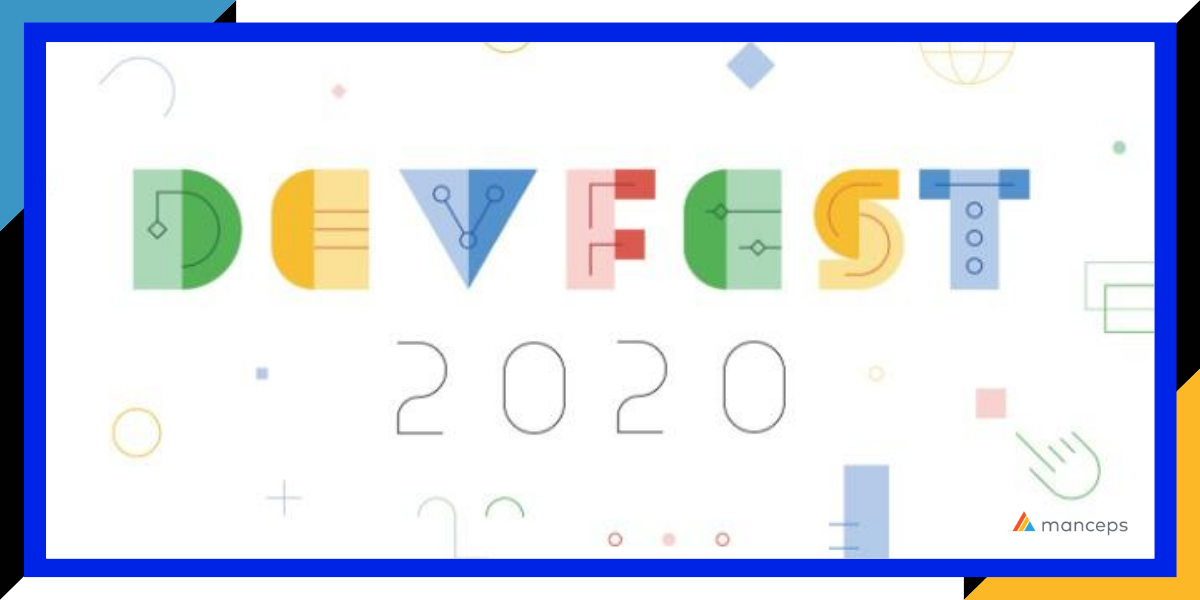Discussion Questions for AI Readiness
Intro
There’s no doubt that artificial intelligence is extremely powerful. But bringing it to your organization may feel a little daunting. How should your company think about AI? How can it be used to support your existing initiatives and grow your business?
The questions contained in this readiness quiz are designed to get your wheels turning and to foster a series of AI conversations among stakeholders. It is our hope that these questions will help you identify opportunities for AI that you may not have yet considered.
By the way, the ideas we explore in this resource expand upon our massive ebook, 50 AI Secrets from the Fortune 50, which you can download to get even more ideas for your own AI deployments.
Our organization, Manceps, helps enterprise companies build and deploy AI solutions at scale. So feel free to use us as a resource as well. We’re happy to jump on a call and see if we can discover AI and ML opportunities for your business.
Questions related to Planning and Decision-making
❐ How does your organization prioritize data in its decision-making process?
Any time your organization uses data to make decisions about the services it offers its customers, artificial intelligence could be used to bring greater speed, accuracy, and fairness to the process.
❐ How valuable is accurate forecasting to your organization? How much would your organization be willing to invest to double the accuracy of its forecasts?
When thinking about bringing an AI solution to your organization, it’s important to think in terms of value-add. Increasing the accuracy of forecasting is one of AI’s unique powers.
❐ Could sharing datasets with your rivals lead to greater revenue opportunities for your industry?
Machine learning models are separate from the datasets on which they’re built. As AI capabilities become increasingly open-sourced, we can look ahead to seeing new industry-wide efforts to train shared models in similar ways, all the while protecting proprietary datasets.
❐ How would your marketing department change by integrating even more analytics and automations into its strategy?
Marketing, however, is a good use case for artificial intelligence as data drives many of the decisions in that department. This affinity for data and analytics, combined with the increasing creative capabilities of AI, means that companies that deploy cognitive intelligence solutions can expect to see a more efficient demand-generation machine.
❐ What geographic data does your company use to make decisions?
❐ What kind of intel could drone footage give your business?
❐ Would investing in AI now, lead to competitive advantages in the future?
❐ How could instant employee feedback transform your organization?
Questions related to Operational Optimization
❐ Is processing applications a resource-intensive aspect of your business?
Applications are a perfect problem for cognitive intelligence. For one, applications are extremely document-intensive, which makes them good candidates for optical image extraction and natural language processing. Second, underwriters use a rules-based system to determine whether an applicant is a good prospect for a loan.
❐ Does your business operate in any physical spaces that could benefit from an extra pair of eyes?
Visual data and image processing can improve the efficiency of nearly all the physical spaces in which organizations operate. By training an extra set of AI eyes onto all sorts of workspaces, artificial intelligence can automate inspections, catching things that humans may have missed and/or leaving them free for other tasks.
❐ What are some key activities that you would like to automate?
AI is the king of automation. Think about business activities employees at your organization do over and over again. Many of these activities could benefit from increased automation.
❐ Is repetition a major part of your business?
Repetition within your organization is a good indicator that you might be able to deploy an AI system.
❐ Is reading or text processing a major part of your business?
If your organization traffics in files, books, records, customer records, etc., natural language processing can streamline and automate almost everything you can think to do with that content.
❐ How would your business change if you could automatically execute contracts?
Smart Contracts bring a layer of automation to how businesses operate and respond to market conditions. Adding artificial intelligence to these types of contracts opens the door to all sorts of novel business practices. We’re talking factories that automatically shift their output based on supply-chain fluctuations; prices that automatically shift based on demand; vendor payments that go out the instant certain conditions are met.
❐ Does your organization leverage diagnostics to identify and solve problems?
Whether your team spends its time diagnosing mechanical issues, technical problems, or delivery concerns, artificial intelligence can surface solutions more quickly and accurately.
❐ How could a lightning-fast mobile internet change how you operate your business?
5G is coming, giving companies an unprecedented ability to monetize customer data and deploy powerful, scalable AI at-the-edge.
❐ Would the robotics you use in your organization benefit from increased intelligence and autonomy?
There’s a natural alignment between robotics and artificial intelligence. Robots are, of course, designed to automatically complete manual tasks — but by adding a layer of AI, companies can imbue those physical processes with insight, autonomy, and analytics. Moreover, robots can contain sensors whose telemetry can then be fed into the ML system to drive future behavior.
❐ Would your business suffer if your top-performing employees chose to leave?
We can see an ongoing effort to transform valuable employee experience into machine learning models. Fortunately, with AI, your best performer can leave your organization but you will still retain their strategy as a series of ML models.
❐ Could your pricing models be more responsive to real-time shifts in supply and demand?
❐ Would your staff benefit from real-time feedback and training?
❐ Does your organization spend heavily to ensure that you are in compliance with local and/or industry-specific regulations?
Questions related to Customer Success
❐ Does your company have high customer service costs?
❐ Would your customers benefit from increased customization and personalization?
Artificial intelligence, combined with machine learning, gives organizations an unprecedented ability to personalize the products, services, and search results of each of their customers.
❐ Could greater analytics, efficiencies, or automations make your customer's lives easier?
Artificial intelligence should inspire all organizations to take a look at their (and their customers’) pain points to see if greater analytics, efficiencies, and/or automations could solve some of their toughest business challenges.
❐ Would your customers enjoy accessing your services using their voices?
Voice-activated assistants like Siri and Alexa run on AI and are a great way for customers to stay engage with the Apple and Amazon brands.
❐ Is ensuring customer privacy an important part of your business?
Medical and financial organizations are examples of this.
❐ Could an AI-powered agent like Siri give rise to a new branding opportunity or character?
❐ Could your company deploy a branded Snapchat filter to drive customer engagement?
Questions related to Product Design
❐ Is quality assurance a costly aspect of your business?
❐ What does my organization make that could move on its own?
Anything that moves can be imbued with some level of autonomous mobility. Some examples include trains, drones, submarines, consumer electronics, and even luggage.
❐ Is your product design process extremely complex?
For the product designer, AI is an extremely robust tool, spitting out hundreds of sample designs that design teams can use in their creative processes.
Questions about AI
❐ Who at your organization would need to sign off on making an AI investment today?
❐ How valuable would it be if your organization’s data could be automatically structured and organized?
❐ Have your existing AI deployments been audited for security and reliability?
❐ When deploying AI, would you need to use your own servers or would a scalable cloud solution suffice?
❐ How could your organization expand upon publicly available machine learning models by layering additional datasets from your niche?
❐ What communication strategy would be required to adopt AI at your company?









